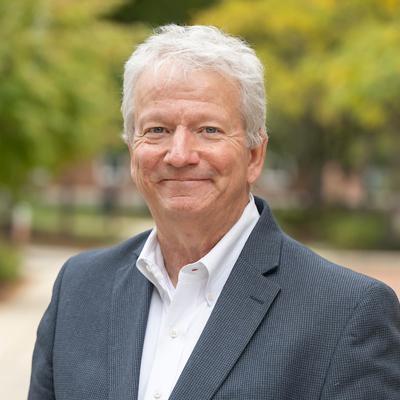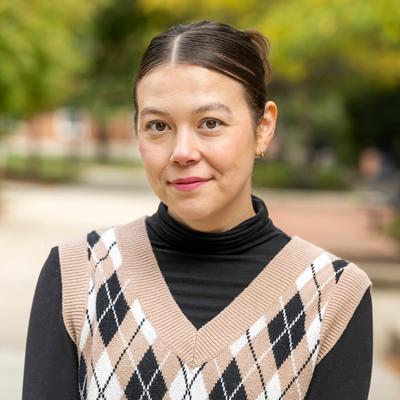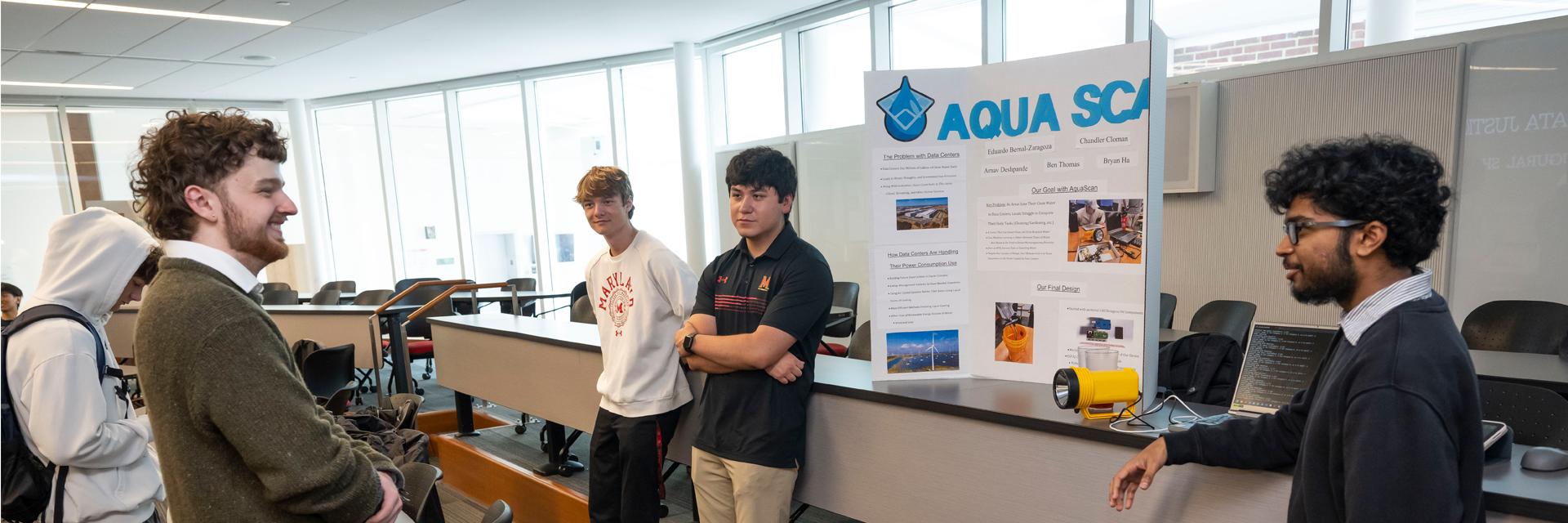Data Justice
Information, analytics and computing for social change
Introduction
Data Justice (DJ) provides students an opportunity to interrogate the biases that are built into information collection, design, and analysis. Students explore how specific values are coded into datasets, algorithms, AI-driven systems, machine learning models, and other sociotechnical systems. They gain advanced data-related skills that will serve them in a wide variety of careers that aim to make the world a better place through information.
By the conclusion of the program, students will be able to:
- Employ justice-centered approaches to equitable computer and data sciences;
- Analyze how cultural values, power, and privilege are encoded into technologies;
- Critique the sociopolitical values of data structure and algorithmic design;
- Analyze ways that computing and data science have been used as a catalyst for positive social change; and
- Develop a computing identity that intersects with personal identity factors.
DJ Scholars enters its second academic year in 2025-26. The program is sponsored by the University of Maryland’s College of Information (INFO), a top-ranked research and teaching college in the field of information science.
In INFO, faculty, staff, students, and partners are expanding the frontiers of how information and technology are accessed and used in a rapidly evolving world. We are combining principles of information science with cutting-edge technology to foster access to information, improve information interfaces, and expand how information is used in an evolving world.
Throughout all of our endeavors, INFO is committed to utilizing information and technology for good – to connect communities, empower individuals, and create opportunities.
Colloquium and Lecture Topics
- How do you use information?
- What is the info you need to change the world?
- What has produced the digital divide?
- How are digital identities different from personal identities?
- How can we achieve information justice?
Other Learning Opportunities
In addition to colloquium and supporting courses, DJ students will choose three 1-credit electives from a group of courses focused on building technical computing and data science skills. Course titles include:
- Making Twitter Bots
- Solving Puzzles and Riddles with Computation
- Comic Books and Machine Learning
- Emergent Experiences through Technology
Off-campus excursions to information-related sites, such as the Library of Congress, the National Archives, and the Agricultural Library in Beltsville, MD, will foster community and encourage examination of information in the community (in physical location, cyberspace, and institutions created for the management and best use of information).
Curriculum Overview
Data Justice is an 15-credit program that includes a required course on algorithmic bias (INST204S); a series of colloquium courses on the topics of the digital divide, digital identities, and information justice; a set of supporting courses drawn from the College of Information’s 100- and 200-level courses on relevant current issues; a set of short supporting courses focused on technical computing and data science skills; and a practicum (CPDJ240 Service Learning) in which students will undertake a project with a community partner related to data justice.
The following table represents a typical two-year curriculum, but individual schedules will vary. Details about courses and requirements can be found on the Data Justice Citation Checklist.
| SEMESTER | COURSE | CREDITS |
|---|---|---|
| Semester 1 | CPDJ 100: Colloquium I | 1 credit |
| INST204S: Designing Fair Systems (DSHS, SCIS) | 3 credits | |
| Semester 2 | CPDJ 101: Colloquium II | 1 credit |
| Semester 3 | CPDJ 200: Colloquium III | 1 credit |
| Semester 1, 2, 3, or 4 | INST 388: Maker Movement INST 388: Maker Movement INST 388: Maker Movement |
1 credit 1 credit 1 credit |
| Semester 1, 2, 3, or 4 | Supporting Course (var. Gen Ed) | 3 credits |
| Semester 4 | CPDJ 240: Service-Learning Practicum | 3 credits |
Sponsoring College
Office Address
1101 Centreville
Office Phone
TBD
Faculty


News and Notes, Etc.
StreetCarSuburbs, 14th Good Neighbor Day engages volunteers, Oct. 2025
Maryland Today, Courses Bring Comfort to Learning Computing, Oct. 2025
Two New Programs Added to College Park Scholars


